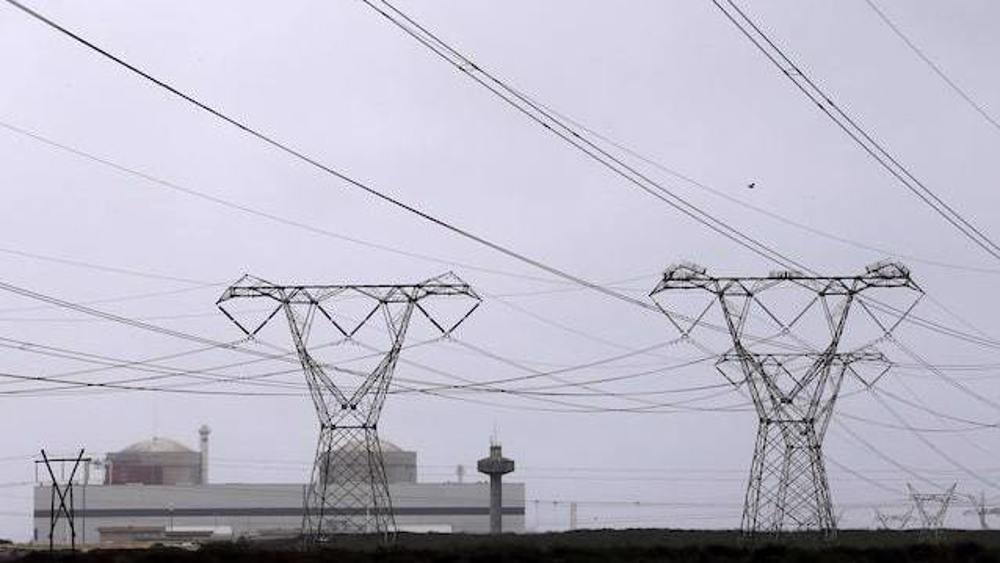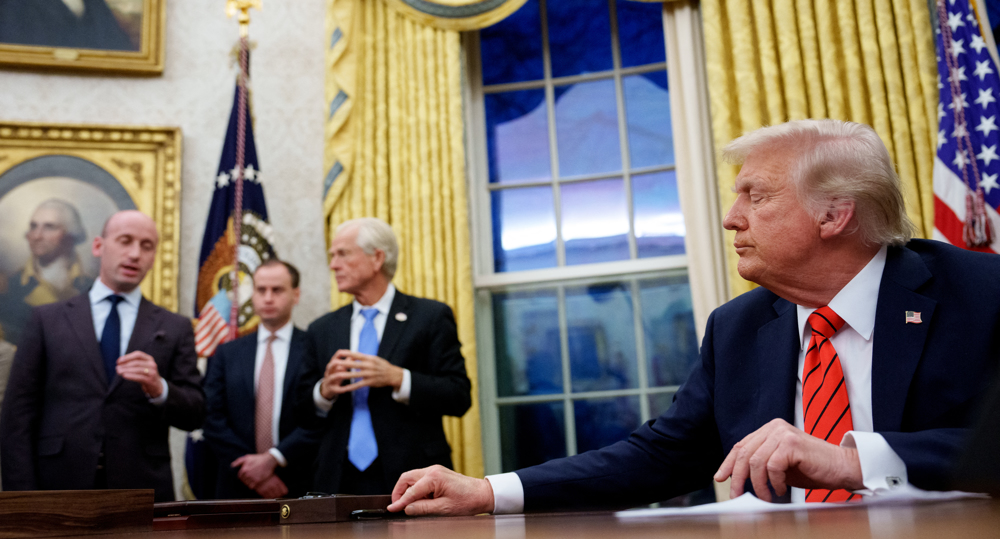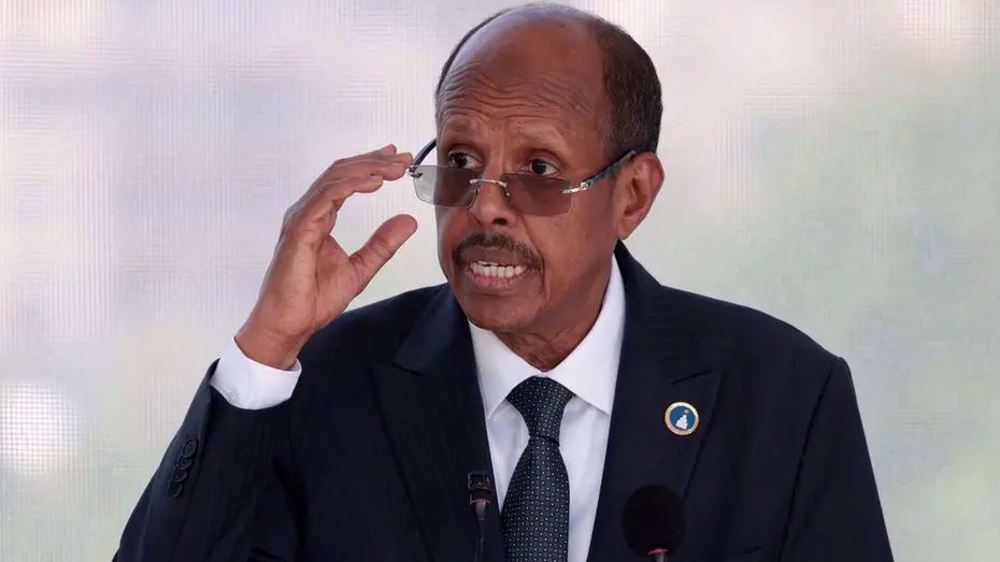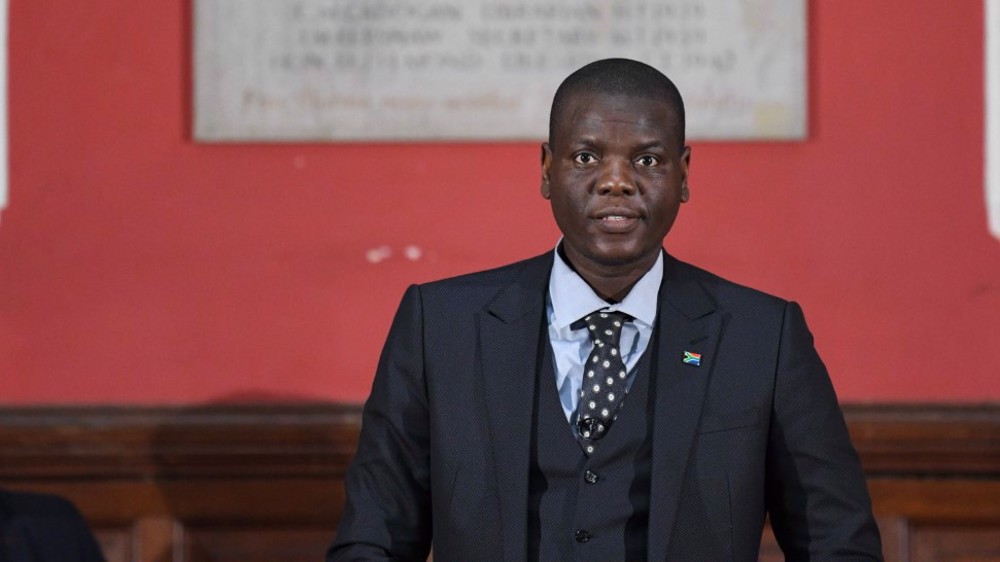South Africa open to nuclear cooperation with Iran and Russia despite US threats
South Africa could turn to either Iran or Russia to expand its civilian nuclear power capacity, says a senior government official.
South Africa, which operates Africa's only nuclear power plant, Koeberg, plans to add 2,500 megawatts of new capacity to tackle electricity outages.
The country, however, has come under pressure by Washington after President Donald Trump signed an executive order on Feb. 10, which among other claims, accused Pretoria—without providing evidence—of strengthening ties with Iran for commercial, military, and nuclear arrangements. Trump threatened to cut "foreign aid or assistance” to the country.
In a statement of Tuesday, Minister of Mineral and Petroleum Resources Gwede Mantashe dismissed the idea of excluding specific countries from the bidding process.
He said, “We can’t have a contract that says Iran or Russia must not bid, we can't have that condition.”
“If they are the best in terms of the offer on the table, we'll take any (country).”
South Africa has also ensured that its international partnerships, including those with Iran and Russia, remain compliant with its commitments under the nuclear non-proliferation treaty and IAEA regulations.
Last year, President Cyril Ramaphosa of South Africa signed into law legislation that lays the foundation for a competitive electricity market.
The long-planned reforms in the Electricity Regulation Amendment Act are part of efforts to make the power sector more efficient in the continent’s most industrialized economy.
Ramokgopa made clear at the time that the government wanted to expand its nuclear capacity beyond the 1,900 MW Koeberg plant outside Cape Town at a pace and scale the country could afford.
Israeli PM fate unclear after Iranian ‘surprise’ attacks: IRGC
Iran Armed Forces shoot down US F-15 fighter jet near Kuwait border
IRGC, Army launch fresh waves of missile strikes against Israeli, US targets
Red Crescent Society: 555 people killed across Iran in US-Israeli onslaughts
Operational concerns delayed US-Israeli aggression against Iran for a week: Report
Iran slams Israeli attacks on Lebanon, warn UNSC’s inaction to embolden regime
Iran says has ‘no choice’ but to fight back, holds no enmity toward American people
Bahraini police assaults crowds mourning loss of Ayatollah Khamenei












 This makes it easy to access the Press TV website
This makes it easy to access the Press TV website